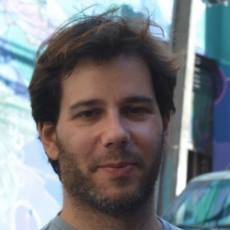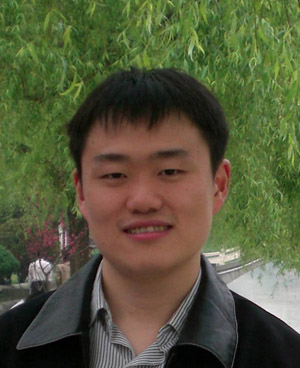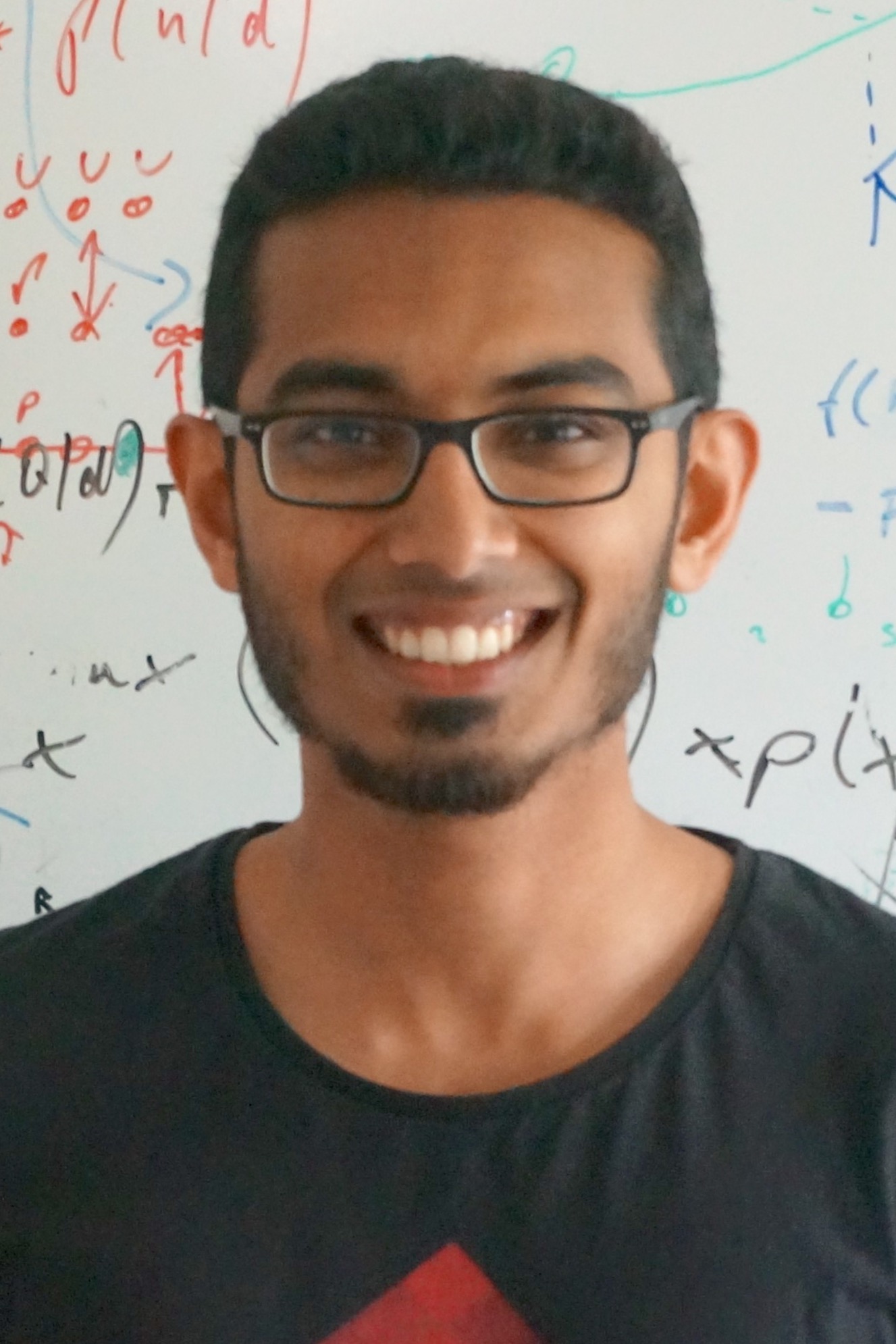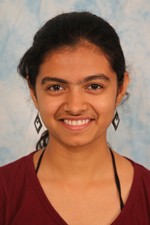Capturing and Learning Digital Humans
Abstract: The world is shifting towards a digitization of everything -- music, books, movies and news in digital form are common in our everyday lives. Digitizing human beings would redefine the way we think and communicate (with other humans and with machines), and it is necessary for many applications; for example, to transport people into virtual and augmented reality, [...]
Carnegie Mellon University
Visual Learning with Minimal Human Supervision
Abstract: Machine learning models have led to remarkable progress in visual recognition. A key factor driving this progress is the abundance of labeled data. Unfortunately, this reliance on lots of labeled data is also a key limitation in the rapid development and deployment of vision systems. These visual recognition systems show poor performance on concepts [...]
Carnegie Mellon University
Search-based Robust Motion Planning under Uncertainty Guided by Multiple Heuristics
Abstract: Motion planning has achieved a great success in many robotic applications but still suffers in the real world under ample uncertainty. For example, manipulation involves interaction with unstructured and stochastic environments, which results in motion uncertainty. Perception that provides understanding of the environment is also not perfect, which in turn leads to sensing uncertainty. [...]
Carnegie Mellon University
Robust State Estimation for Micro Aerial Vehicles
Title: Robust State Estimation for Micro Aerial Vehicles Autonomous robots provide excellent tools for information gathering in a wide variety of domains, from environmental management to infrastructure inspection and search and rescue. Micro aerial vehicles, in particular, offer a high degree of mobil- ity that can further their effectiveness in such environments. Deployment of aerial [...]
Deep Reinforcement Learning with skill library: Learning and exploration with temporal abstractions using coarse approximate dynamics models
Reinforcement learning is a computational approach to learn from interaction. However, learning from scratch using reinforcement learning requires exorbitant number of interactions with the environment even for simple tasks. One way to alleviate the problem is to reuse previously learned skills as done by humans. This thesis provides frameworks and algorithms to build and reuse [...]
Deformable models meet deep learning: supervised and unsupervised approaches
Abstract: In this talk I will be presenting recent work on combining ideas from deformable models with deep learning. I will start by describing DenseReg and DensePose, two recently introduced systems for establishing dense correspondences between 2D images and 3D surface models ``in the wild'', namely in the presence of background, occlusions, and multiple objects. [...]
Building Scalable Framework and Environment of Reinforcement Learning
Abstract: Deep Reinforcement Learning (DRL) has made strong progress in many tasks that are traditionally considered to be difficult, such as complete information games, navigation, architecture search, etc. Although the basic principle of DRL is quite simple and straightforward, to make it work often requires substantially more samples with more computational resource, compared to traditional [...]
Learning Deep Multimodal Features for Reliable and Comprehensive Scene Understanding
Abstract Robust scene understanding is a critical and essential task for autonomous navigation. This problem is heavily influenced by changing environmental conditions that take place throughout the day and across seasons. In order to learn models that are impervious to these factors, mechanisms that intelligently fuse features from complementary modalities and spectra have to be [...]
Scene Understanding
Abstract: Accurate and efficient scene understanding is a fundamental task in a variety of computer vision applications including autonomous driving, human-machine interaction, and robot navigation. Reducing computational complexity and memory use is important to minimize response time and power consumption for portable devices such as robots and virtual/augmented devices. Also, it is beneficial for vehicles [...]
Carnegie Mellon University
Robot Design for Everyone: Computational Tools that Democratize the Design of Robots
Abstract: A grand vision in robotics is that of a future wherein robots are integrated in daily human life just as smart phones and computers are today. Such pervasive integration of robots would require faster design and manufacturing of robots that cater to individual needs. For instance, people would be able to obtain customized smart [...]









